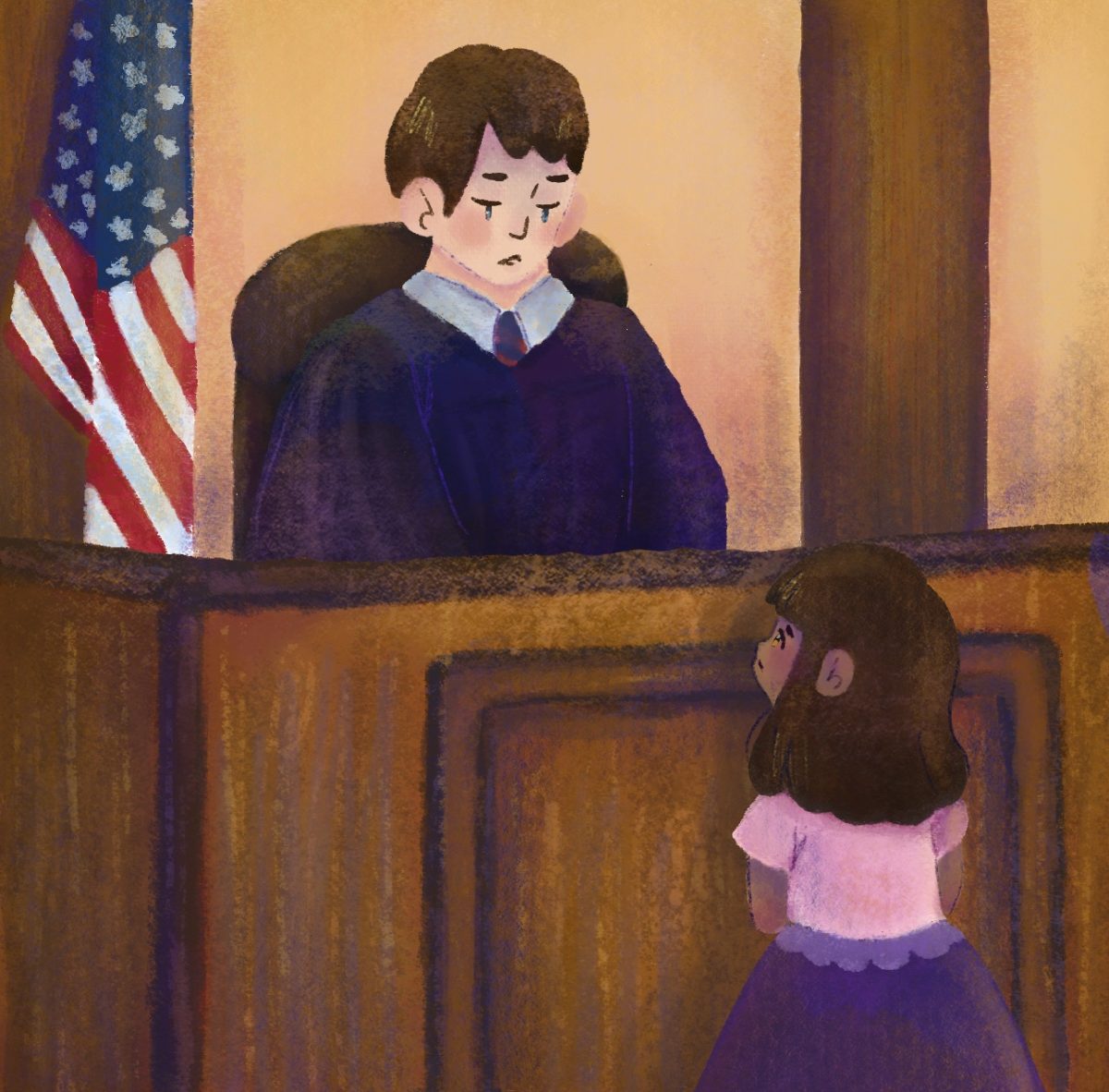Arguing for the government: Xavier Scott
Since the media’s new and irresponsible approach in distinguishing what is and isn’t important, there have been many stunts made by senseless people that have not only made national news but sparked political debates.

The one to receive this honor most recently is Pastor Terry Jones of Florida. In vocalizing his rants slamming Islam and threatening to burn the Quran through Facebook and Twitter, what could have been just a man with radical and unsubstantial ideas turned into a political frenzy between politicians and nations.
When asked, “What would Jesus do?” by ABC interviewer Terry Moran, Jones replied that Jesus would agree with his message.
However clueless or non-credible the pastor, his antics have brought about an important question. Should there be a constitutional amendment banning the burning of holy texts?
In the end, the pastor called off his charade but if one could imagine a setting where he went through with it, the images would reflect the resulting chaos. The media would without a doubt hop on the opportunity to film Jones and his 50 or so followers burning Qurans, knowing there’d be high ratings for such a controversial event.
There are approximately 1.5 billion Muslims around the world. An event such as this would further exacerbate the tensions between the U.S. and Muslim countries, especially for our troops serving in the Middle East.
The possibility of peace with moderate Muslims would dissipate and the prospect of a holy war would only seem more likely. It is possible for anyone, no matter how insignificant or insane, to incite such significant and costly effects in this world. It would be comforting if there was a law against it.
Religion is as important to some people as their own well-being. Stories come up all the time about people refusing medicine because their religion tells them that what they believe in will cure them. They call mere coincidences miracles, and even attempt possibly fatal stunts in faith that they will be spared.
In a world filled with so many different perspectives it is understandable that conflicts are fierce and intolerance is rampant. And as an opinion writer, I greatly revere the first amendment.
But if the debate as to what were true and false about any religion were left unchecked in the hands of people like Pastor Jones, the world would be up in flames by now. No one should have that responsibility, at least not in the U.S.
The burning of any holy texts is one of the most disrespectful acts anyone can commit against another religion. For nations that are populated with many zealous people of one faith, it is possible it could start a war.
Knowing this, the government should act in establishing a clear and precise constitutional amendment that outlaws any iconoclastic or haughty motives anyone may have in burning holy texts before that one person’s actions results in severe despair and bloodshed.
Arguing for the opposition: Antoine Abou-Diwan
Congress should not pass a constitutional amendment banning the burning of holy books in effigy.
The problem with making such an amendment is it would be a blatant restriction of free speech, the first right that the framers of the Constitution sought to enshrine in our republic.
The first amendment says, “Congress shall make no law respecting an establishment of religion, or prohibiting the free exercise thereof; or abridging the freedom of speech, or of the press; or the right of the people to peaceably assemble, and to petition the Government for a redress of grievances.”
We can thank Terry Jones, the pastor of the ironically named Dove World Outreach Center in Florida, for bringing this subject to debate. Jones, in a vulgar and childish fit of stupidity, called on people to burn the Quran on 9/11.
The desire to ban the burning of holy books makes sense on some level. Many religions have millions of adherents around the world, and the burning of a book that many consider to be the word of God is about as insulting as it gets.
Who can forget the images of Muslims around the world protesting Jones’ plan to burn the Quran? Fearing a backlash against U.S. troops in Afghanistan and Iraq, Gen. David Petraeus called on Jones to cancel his plan.
Limiting our freedoms to appease a group of people who have issues with the U.S.—legitimate or not—is a bad idea. These people had issues with American policies long before Jones came on the scene.
One of the beauties of the constitution is that it is flexible enough to change as our nation evolves. Amending the constitution is not easy.
A proposed amendment requires a two-thirds vote in both the Senate and the House of Representatives. Ratification requires the vote of three-fourths of states. We have only managed to make 27 amendments to the constitution in over 200 years.
Let’s consider some of the amendments that we’ve made to the Constitution. There is the Bill of Rights, which every American should know.
The 13th Amendment abolished slavery, the first of many steps taken to right a gross injustice. The 15th amendment granted blacks the right to vote. The 19th amendment granted women suffrage.
Does an amendment prohibiting the burning of a holy book in effigy—be it a book that is holy to Muslims, or a book that is holy to Christians, Jews or any other religious group really belong in the constitution?
Would such an amendment stand up next to First, 13th, 15th or 19th Amendments?
Granted, this amendment would not be the only outrageously stupid amendment that we have made to the constitution. That distinction belongs to the 18th Amendment, which prohibited alcohol.
Most would agree that the burning of the flag or a holy book is disrespectful and offensive. Fortunately, the act of burning a book says more about the person who is burning the book than it does about the content of the book.





